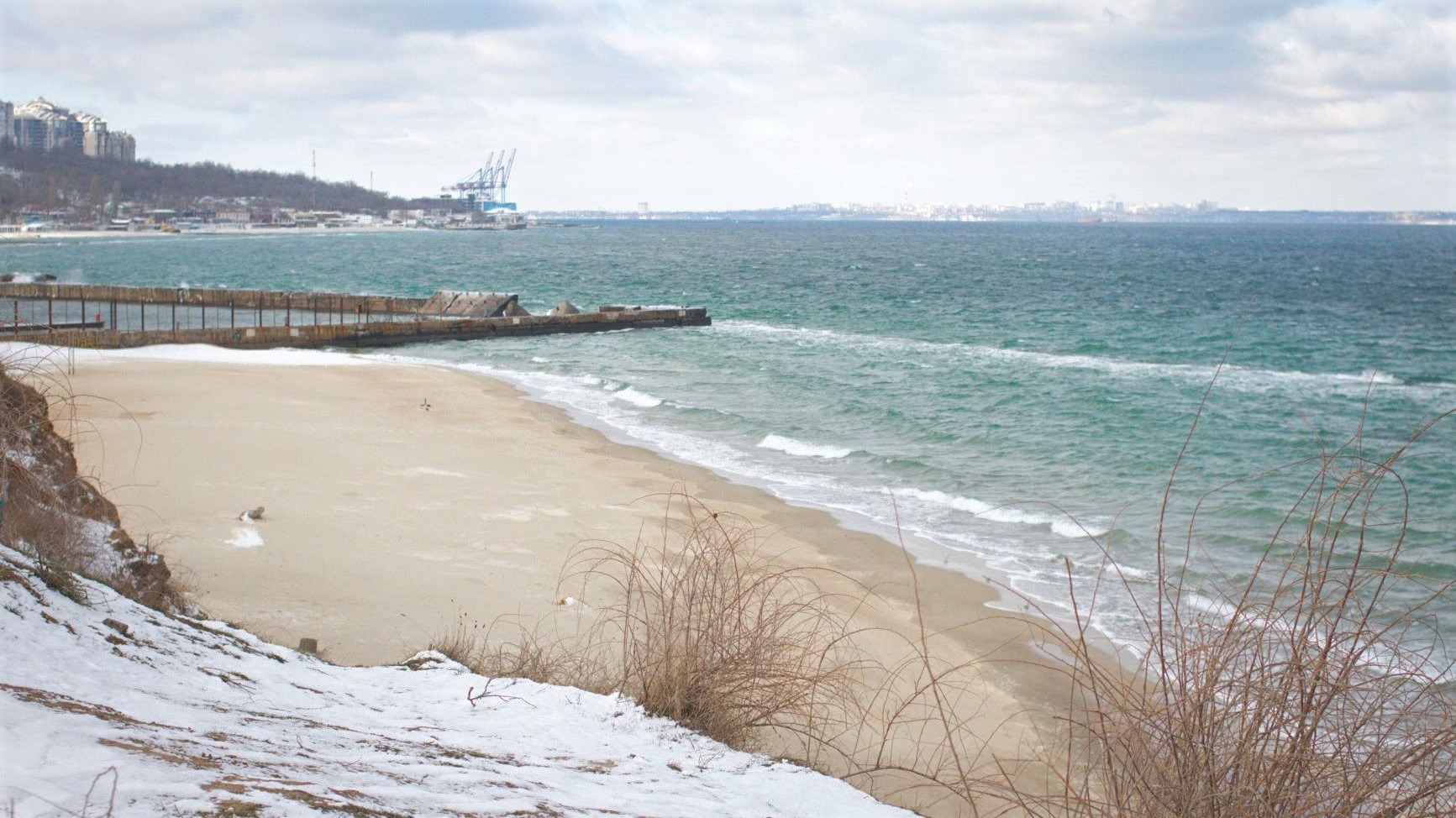This investigation examines natural gas exploration and extraction projects in the Black Sea — off the coasts of Ukraine, Romania and Bulgaria — with special attention to their geopolitical, economic and environmental impacts.
The collaboration between freelancers reveals new information about Black Sea gas initiatives at a time when European media are focused on Nord Stream 2, a pipeline connecting Russia and Germany under the Baltic Sea, as well as Turkey’s energy ambitions in the Mediterranean.
Journalists Marine Leduc, Daniela Prugger and Spas Spasov give the regional story wider relevance by tying it into the European debate on energy policy. While gas production within the EU would make the bloc less dependent on Russian supplies, natural gas is a fossil fuel that undermines EU climate goals.
Gaz naturel en mer Noire : pour l’Ukraine, ce n’est qu’une question de temps. Deuxième volet d’une enquête entre la #Roumanie, l’#Ukraine et la #Bulgarie. Par @marine_leduc et @Daniela_Prugger #Odessa #Romania #Russie #Russia #ecology https://t.co/IKX52dgLBS
— Le Courrier d’Europe centrale (@CEuropeCentrale) April 8, 2021
The team shows how local issues can affect Europe’s energy fortunes, from opaque changes to Romanian environmental laws to Russian influence in Bulgaria’s energy sector. In Ukraine, Russia’s illegal annexation of Crimea and fears of further military escalation loom large over the country’s offshore gas projects.
Convinced that the Black Sea will become Europe’s future energy battleground, the team is committed to following up on its findings and building on the success of the cross-border collaboration.
Cover image: A view of the Black Sea by Marine Leduc
